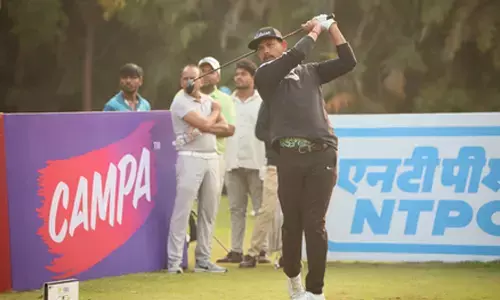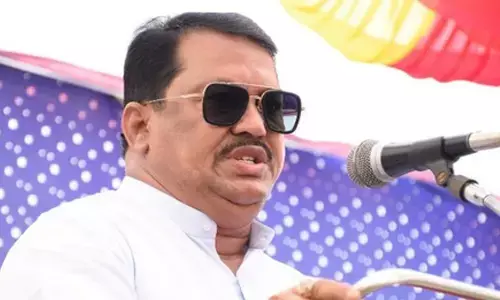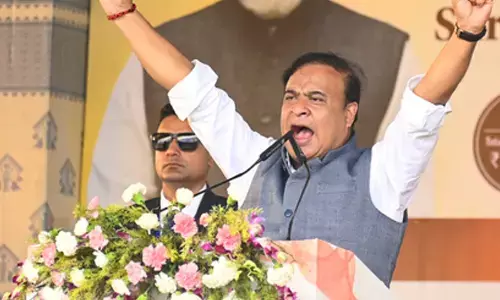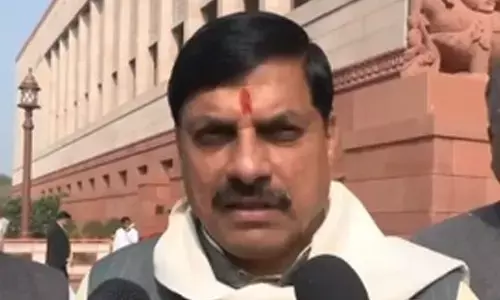Budget Key To Prajavani Success
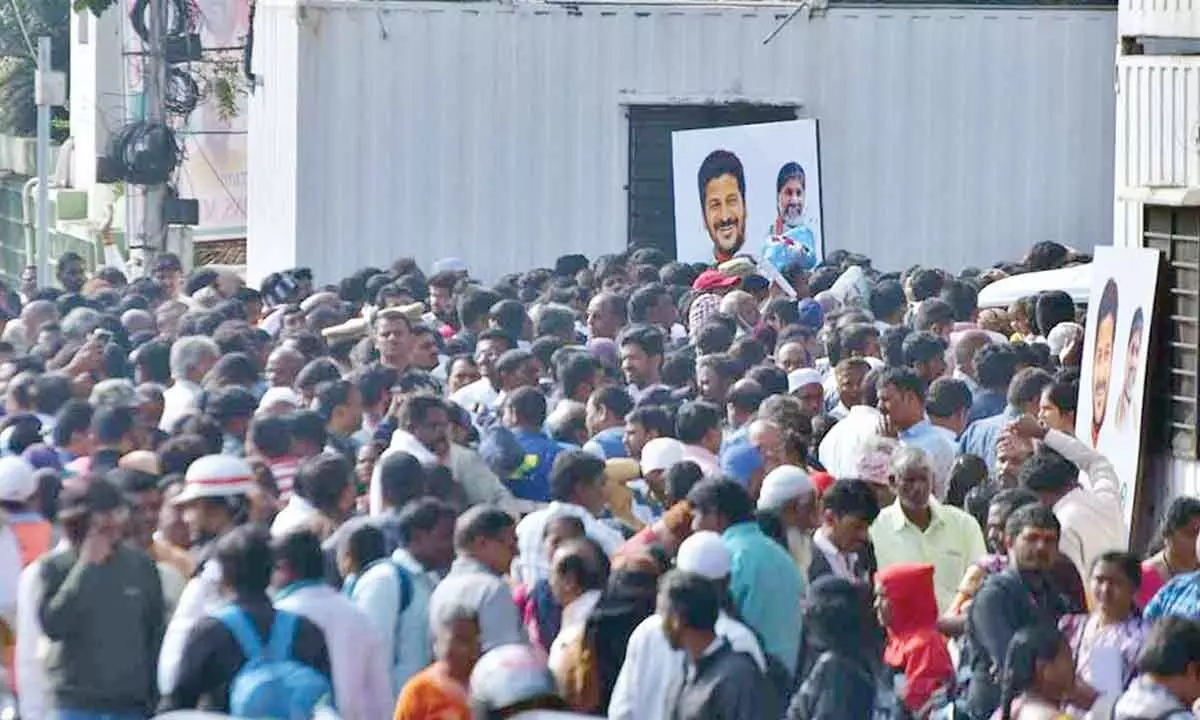
It is one thing to take petitions and grievances as they come and try to redress them, and another to advertise it and run it as a flagship programme of the government. Acceptance, categorisation and systematic review of petitions from the people during Prajavani programme are good, but they do not by themselves give solutions to the grievances. Since most of the grievances have a financial implication and are difficult to resolve unless budget provisions are enhanced, they will end up unresolved. That can have major political backlash
S R Sankaran was a popular Collector of Nellore district in the late 60s. He had tremendous concern for the poor and the underprivileged. There used to be queues of petitioners to submit petitions/arjees wherever he went, expecting redressal of their grievances. There used to be a joke on this. Undivided Nellore district was a big district in those days. He went to the farthest tauq darsi some 200 km away. In those days, Collectors did not have AC cars but travelled by Jeep. He reaches Darsi guest house after a gruelling journey and right before the bathroom there were petitioners queuing up to submit petitions to him and explain their problems.
When I saw huge crowds before Jyothi Rao Phule Praja Bhavan (former CM KCR’s official residence Pragathi Bhavan renamed after the new government took over) where the present CM Revanth Reddy decided to meet people and take their petitions on designated days in a week. I was reminded of the Sankaran days of our district. I go to nearby IAS association building in the morning times and crowds of people coming from all corners of the state to petition the CM are huge. Long queues stretched for kilometres. What faith makes people spend their time and money to keep coming over and over again, hoping for a redressal of their grievances? There are also professional petition writers who make an additional income out of this.
Undoubtedly, one of the main reasons for the huge response to Prajavani programme in Telangana is the attitude of the previous regime. KCR was not accessible after he became the Chief Minister to the general public – something uncommon for someone who came out of long-drawn-out popular people’s movement. Second is the manner in which the present government made Prajavani its flagship programme.
What are the chances of these huge numbers of petitions finding appropriate redressal so that they may not have to come back again to petition authorities? In fact, during the time of Chandrababu Naidu, a very systematic detailed exercise was done on grievance-redressal and the processes were very well laid out. All the petitions were divided into four categories: Individual needs with a financial implication, individual needs without financial implication, community needs with financial implication, and community needs without financial application. Even the present-day petitions that are made to the honorable CM under the Prajavani programme will also fall under these categories. Categorisation and systematic review are good, but they do not by themselves give a solution to the grievances. Most of the grievances have a financial implication and are linked to the budget allocations under different schemes. Unless the budgets are increased and allocations made, most of these grievances will remain unresolved. Most of the petitions pertaining to individual grievances fall under this category. In fact, a student of an institution with which I am associated with was interviewed in the queue line by a TV channel. She informed that she came to represent for release of the educational fee under the fee reimbursement programme. Most of these reimbursements run with a backlog of years and there is very little the CM or anyone can do unless the budget allocation is increased, which is doubtful given the expenditure budgeting done by successive governments far beyond the resources. Same will apply to any number of other petitions for increase of pensions, release of new pensions, issue of new ration cards. Around 60 to 70% of the petitions fall under this category.
The other category of individual needs without financial implication mostly relate to land issues. Here the system is so thick-skinned and immune to any change that redressing land-related grievances is the biggest challenge all governments all along have faced. There will be conflicting court orders, civil disputes. Some of them may be already settled to the disadvantage of the petitioner but still he does not lose hope and keeps petitioning every time for redressal of his grievance. This is an area where still some progress can be shown provided CM gives his personal attention and drives the issues. Even if the CM is sincere about the issues, local politics and local MLA’s preferences can complicate the matter.
The other community-level grievances with financial implication also are related to budget allocations. For example, there can be a request for a burial ground in a village. Since no government lands are now available, one needs to acquire land to create a burial ground. Unless budget provision is made, such of these community needs also go unaddressed.
Community needs without financial implications could be the one area where substantial grievance redressal can be done. Since these are felt needs of the community the possibility of counter forces working may be limited.
What are the political implications of such a highly advertised public grievance redressal system? It is one thing to take petitions and grievances as they come and try to redress them, and another to advertise it and run it as a flagship programme of the government. Since most of the grievances have a financial implication and are difficult to resolve unless budget provisions are enhanced, they will end up unresolved. That can have major political backlash. I don’t think this government has thought it through before embarking on this programme as a flagship programme of the new government.
But one should appreciate the enormous faith the common man bestows in the government and its functionaries. In spite of the fact that his petitions may go unaddressed, still he comes back with the same grievance as and when there is a change of a Collector or that of a Chief Minister.
(Writer is a former Chief Secretary of Andhra Pradesh)



